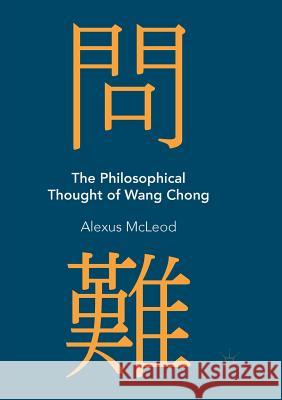The Philosophical Thought of Wang Chong » książka
topmenu
The Philosophical Thought of Wang Chong
ISBN-13: 9783030070106 / Angielski / Miękka / 2018 / 257 str.
Kategorie BISAC:
Wydawca:
Palgrave MacMillan
Język:
Angielski
ISBN-13:
9783030070106
Rok wydania:
2018
Dostępne języki:
Ilość stron:
257
Waga:
0.32 kg
Wymiary:
21.01 x 14.81 x 1.42
Oprawa:
Miękka
Dodatkowe informacje:
Wydanie ilustrowane











